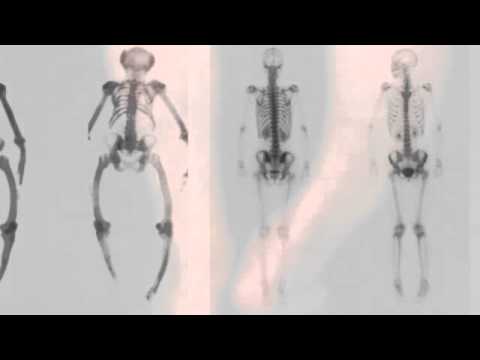Symptoms of Paget’s disease of bone include bone pain, joint pain and problems caused by a nerve being squashed or damaged.
But in many cases, there are no obvious symptoms and the condition is only found during tests carried out for another reason.
One or several bones may be affected. Commonly affected areas include the:
pelvis
spine
skull
shoulders
legs
Read more about the main symptoms below.
Bone pain
Bone pain caused by Paget’s disease is usually:
dull or achy
deep within the affected part of the body
constant
worse at night
The affected area may also feel warm.
Joint pain
Abnormal bone growth can damage nearby cartilage, the spongy tissue that cushions your joints.
This can lead to “wear and tear” of the affect joints (also known as osteoarthritis), which can cause:
joint stiffness
swollen joints
The symptoms are usually worse when you wake up and improve a bit as you start to move.
Nerve problems
Abnormal bone growth can result in bone squashing (compressing) or damaging a nearby nerve.
Possible signs of this can include:
pain travelling from the spine down into your legs (sciatica)
pain travelling from your neck into your arms and chest
numbness or tingling in the affected limbs (peripheral neuropathy)
partial loss of movement in your limbs
balance problems
loss of bowel control or loss of bladder control
Other problems
Paget’s disease of bone can also cause a range of other problems, including:
fragile bones that are more likely to break
deformities in affected bones, such as curved legs (bow legs) or a curved spine (scoliosis)
hearing loss, headaches, vertigo (a spinning sensation) and tinnitus (a noise in your ears) – these may occur if the skull is affected
too much calcium in the blood
heart problems
Read more about the complications of Paget’s disease of bone.
When to see your GP
See your GP if you have:
persistent bone or joint pain
deformities in any of your bones
symptoms of a nerve problem, such as numbness, tingling or loss of movement
Your GP can organise tests to check your bones and look for problems such as Paget’s disease of bone.
Read more about how Paget’s disease of bone is diagnosed.
